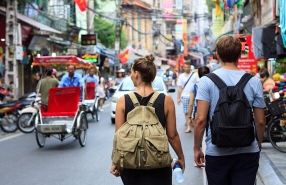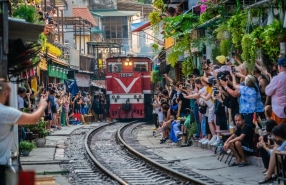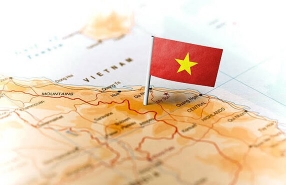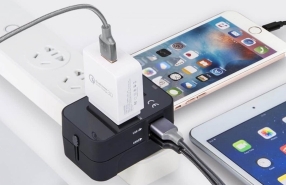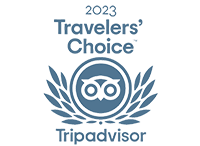How To Get Around In Vietnam: Public Or Private Transportation?

Vietnam transportation is a topic that many travelers consider due to the variety of available options in this country. With a diverse transportation network, you can choose to navigate Vietnam using public transport like buses and trains, or opt for personal vehicles such as cars and motorcycles, or even explore the city by cyclo. Each mode of Vietnam transportation has its own advantages and disadvantages, catering to different needs and lifestyles. In this article, we will explore the various options for Vietnam transportation and help you select the one that best suits your preferences and budget.
Table of Contents
I. Vietnam transportation: Which public transport to choose to travel?
1. By plane
If you’re planning to travel through Vietnam from north to south over a period of 15 days or less, flying will be the ideal option to save time on your Vietnam transportation.
With a territory stretching approximately 1,750 km, you can enter Vietnam via Hanoi in the north. After exploring nearby tourist attractions, you can take a flight to Ho Chi Minh City (about a 2-hour flight) to discover southern Vietnam. Alternatively, you can follow the reverse route from south to north if you enter Vietnam through Ho Chi Minh City.
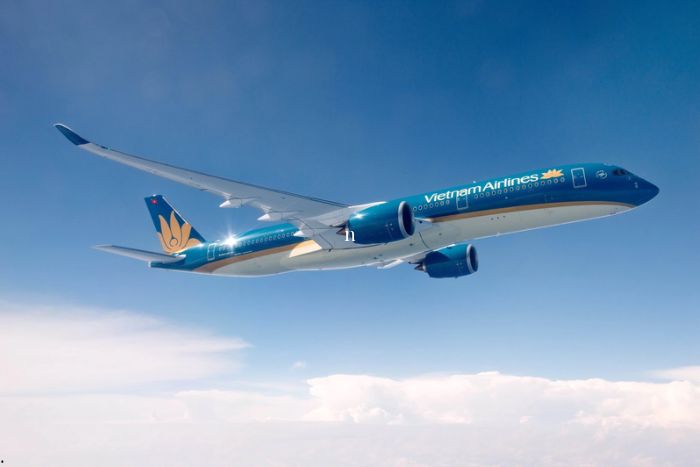
Additionally, there are many affordable domestic flights to Da Nang, Hue, Nha Trang (in central Vietnam), and Phu Quoc Island (in southern Vietnam) offered by airlines such as Vietnam Airlines, Vietjet Air, Vietravel Airlines, and others.
2. By bus
Bus is a practical and economical Vietnam public transportation to explore the country. Buses connect almost all regions, from major cities to remote villages. There are several types of buses available for getting around Vietnam, including:
- Local Buses: This is the cheapest Vietnam public transportation option, with fares ranging from 7,000 to 20,000 VND, which is less than a dollar per trip. This type of bus is ideal for getting around within cities. You can use Google Maps to search for bus routes. Make sure to have enough small change, as bus staff in Vietnam generally don’t speak foreign languages, making it difficult to ask questions.
- Sleeper Buses: These are ideal for traveling between nearby cities within the same region, such as the North, Central, or South. Sleeper buses offer affordable fares, cheaper than domestic flights, while still being comfortable and well-equipped (Wi-Fi, power outlets, reclining seats, air conditioning). However, travel time is longer compared to flying.
- Tourist Buses: These buses are common in major cities like Hanoi and Ho Chi Minh City, and are designed for tourists looking to explore the city’s iconic sites. With a single ticket, you can hop off at any tourist attraction, explore freely, and then take the next bus to your next destination.
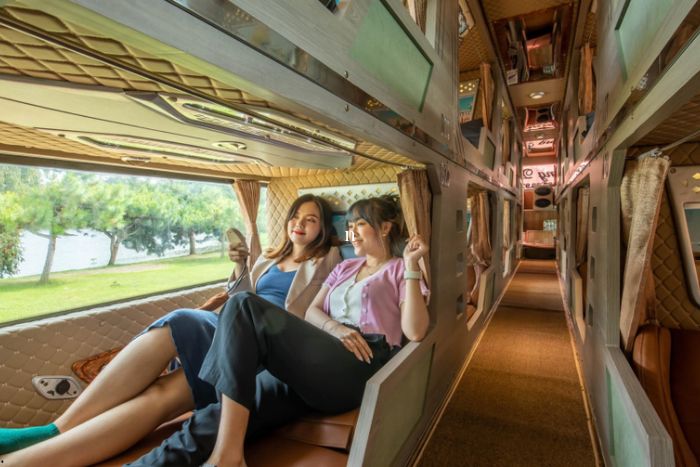
3. By train
For those who wish to travel by train, this Vietnam transportation is ideal for travelers planning extended stays in the country. You can enjoy Vietnam’s stunning landscapes from the train windows. Luxury trains in Vietnam are well-equipped with beds, blankets, pillows, and air conditioning, providing a comfortable experience for those who choose this option for getting around Vietnam.
Here are some recommended train routes to enjoy the most beautiful scenery:
- Ho Chi Minh City - Nha Trang: Discover views ranging from stunning mountains to beaches.
- Phung Hung Train Street (Hanoi): Pass through residential areas and observe the daily life of Hanoi’s residents.
- Da Nang – Hue: Travel through the Hai Van Pass and admire breathtaking natural landscapes.
- Ho Chi Minh City – Binh Thuan: Journey through vast dragon fruit plantations and take in views of Vietnam’s blue sea.
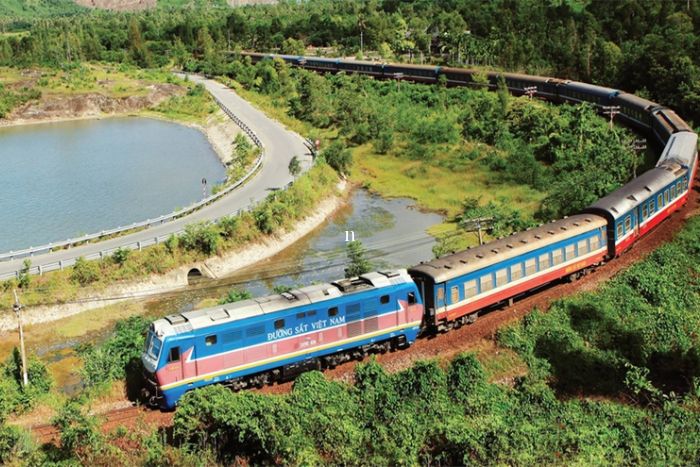
4. By boat or cruise
Using boats and cruises as Vietnam transportation is essential if you want to visit Ha Long Bay, Ninh Binh, and the Mekong Delta. You’ll have the chance to experience an unforgettable journey, from small boats navigating through mysterious caves to luxurious ocean cruises that allow you to admire Vietnam’s UNESCO-recognized natural wonders. Here are some must-see boat trips during your visit to Vietnam:
- Ha Long Bay Cruise: Enjoy a memorable experience by spending 1 or 2 nights aboard a luxurious cruise ship, surrounded by majestic karst mountains. Participate in activities such as kayaking, visiting fishing villages, or simply enjoying a cocktail while watching the sunset in Ha Long Bay.
- Boat in Trang An - Ninh Binh: Embark on an exploration of mysterious caves and glide through stunning flooded rice fields. You’ll also have the opportunity to visit historical and religious sites such as temples and pagodas in Ninh Binh.
- Boat in the Mekong Delta: Experience a charming and authentic journey through vibrant floating markets, offering visitors unique and fascinating experiences.
Additionally, when visiting the central beaches of Vietnam, boats will be the Vietnam public transportation mode for getting around and exploring the surrounding small islands. On these islands, the seawater is also clearer, providing various marine activities such as diving, kayaking, and more.
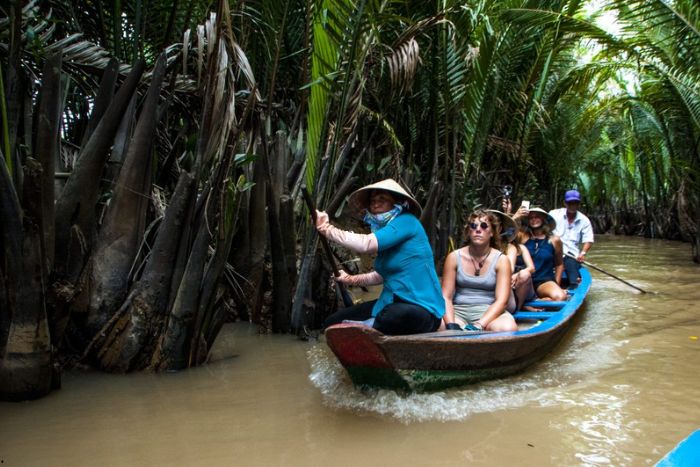
II. Vietnam transportation: Which private transport to choose to travel?
1. By taxi or motorbike taxi
If you’re traveling in major cities, using Vietnam transportation by motorbike taxi or taxi will be more convenient, as you won’t have to wait for the bus.
- Motorbike taxi (xe ôm in Vietnamese): Ideal for travelers seeking a different experience, motorbike taxis allow you to explore the streets freely. The fares are also much more affordable than taxis. Motorbike taxi drivers in Vietnam are generally experienced, and some speak English, making communication easier.
- Taxi: If you’re traveling in a group, taking a taxi can be more economical and offer a greater sense of security compared to motorbikes.
Here are some apps for booking taxis and motorbike taxis:
- Grab: The most popular app in Vietnam, with many drivers available for quick trips.
- Be: Offers lower fares and doesn’t increase prices during peak hours, like between 5 PM and 6 PM.
- XanhSM: The newest app, using electric motorbikes and cars to protect the environment, with stable fares.

Tip: If you use these apps to get around Vietnam, you’ll need a Vietnamese SIM card and a local phone number connected to the internet to communicate with drivers. All the apps have a messaging function with automatic translation into English to facilitate understanding.
Note that app-based transportation services are only available in certain major cities. So if you visit mountainous or rural regions like Cao Bang or Ha Giang, these apps won’t be accessible. In this case, it’s advisable to ask locals for help in calling a taxi or motorbike taxi. Remember to negotiate the fare before getting on to avoid higher-than-usual travel costs.
2. By bicycle or cyclo
For short trips, such as visiting villages in Mai Chau, if you enjoy physical activity, you can choose to use Vietnam transportation by bicycle to explore the surroundings and admire the scenery.
In major cities, in addition to bicycles, the cyclo is also a popular mode of transportation for tourists due to its eco-friendly and environmentally conscious nature. Moreover, a one-hour cyclo ride to explore the streets and daily life in Vietnam will be a memorable experience for visitors.
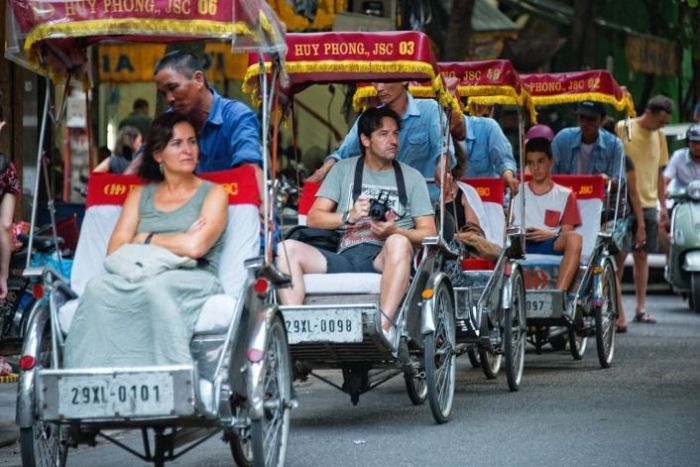
3. Renting a car or motorbike and driving by yourself
This may seem risky for international visitors. If you’ve already rented a car in different countries, it is essential to have an international driving permit to drive abroad, including in Vietnam.
In particular, the most common means of Vietnam transportation is the motorbike, meaning you’ll need to get accustomed to chaotic traffic with a variety of vehicles coming from all directions. Make sure you’re an experienced driver before choosing to drive yourself in Vietnam for your travels.
Visitors can also rent a motorbike to get around Vietnam, provided they have a driving license, and experience the bustling traffic, especially in big cities. However, it’s crucial to understand Vietnamese traffic laws and regulations; you wouldn’t want to deal with the traffic police.
For more information, please read: Driving in Vietnam.
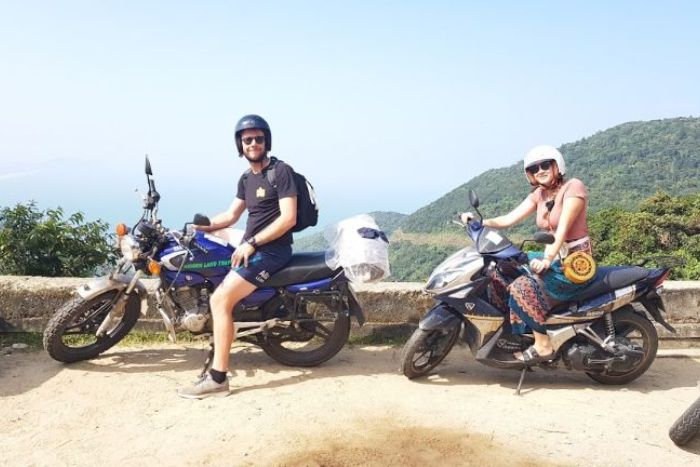
4. Renting a car with a private driver
In most tours in Vietnam, renting a car with a driver is often included. Renting a car with a driver in Vietnam allows you to save time on your travels while having the freedom to choose an itinerary based on your personal preferences. It also ensures a level of safety with an experienced local driver. Moreover, if you also have a local guide on board, you can not only optimize your travel time but also discover Vietnamese culture while on the move.
Getting around Vietnam may seem complex, but by choosing a professional travel agency, like Autour Asia - a travel agency in Vietnam, you’ll benefit from careful planning of destinations according to your wishes, as well as the organization of interesting activities and appropriate Vietnam transportation, so you can fully enjoy your trip to this country.
Yes, you need Vietnam travel insurance if you drive alone in Vietnam. It is essential for covering accidents, vehicle damage, and liability in case of an incident. Additionally, make sure your international driving permit is recognized in Vietnam, as this is often required by rental agencies and can also affect the validity of the insurance.
Yes, but it may require some adaptation to the public transportation system in Vietnam. Buses and trains are accessible, but signs and announcements are often in Vietnamese. Using apps like Google Maps for bus routes or purchasing train tickets online can simplify the process. In major cities like Hanoi and Ho Chi Minh City, some bus and metro lines are equipped with English announcements.
Related travel guide
Other similar articles
CUSTOMIZABLE BY LOCAL EXPERTS
Personalized trip at the original price!
REFUND GUARANTEE
We believe in our work and promise to give you money back.
GOOD PRICE / QUALITY
95% satisfied more than expected!
24/7 LOCAL SUPPORT
We are always available online to provide assistance at any time.
Most read articles
Autour Asia is highly recommended on
Embracing the mission of "Satisfied more than expected" and providing authentic experiences, we have received numerous recommendations on reputable travel forums:













